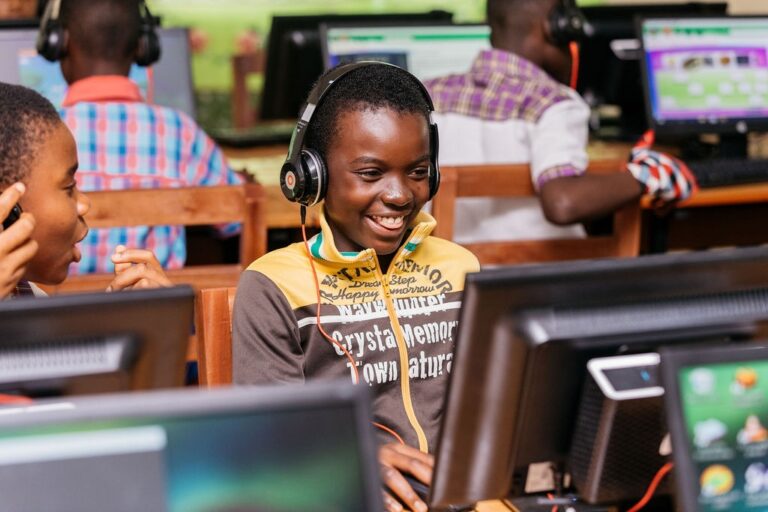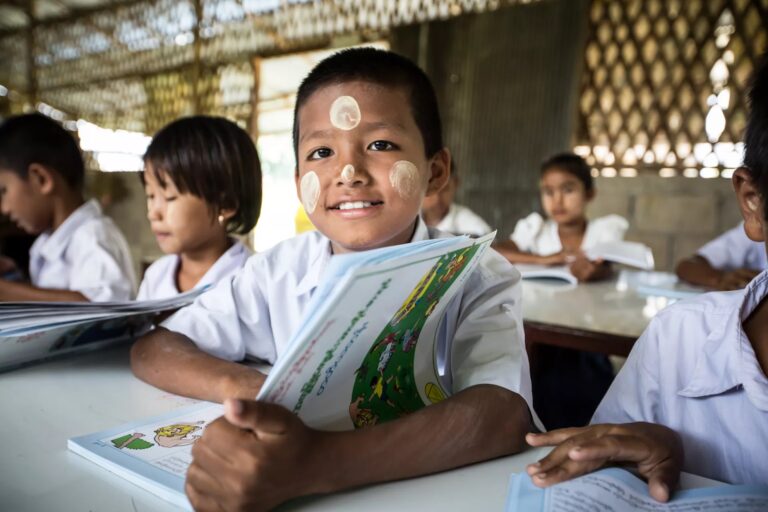Story Source: UNESCO Gem Report ~ Go to Original Article
Samia was 10 when she left her home for the first time and became a refugee. She was just about to enter 5th grade. Forcefully displaced from her home country, she was unable to pursue her right to an education. Moving from one location to the next, caregivers and teachers at makeshift schools were unable to provide her with the needed resources and support to continue learning. More than 5 years later, Samia is 15 years old and yet to be provided with regular access to formal education. Samia is just one of millions of refugee children around the world.
Today, no part of the world is affected by migration and displacement more than the Arab States. Globally, out of every three displaced people, globally one is from the region……………….


![[Preliminary Report] CRNA Collaborative Research for Exploring Factors Nurturing"Happy and Resilient" Children among Asian Countries](https://test.equity-ed.net/wp-content/uploads/2024/09/1725672182698.jpg)
